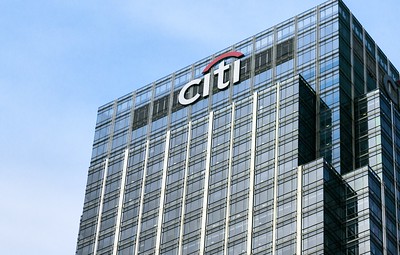In the ever-evolving world of finance, the investment preferences of wealthy families often provide valuable insights into the broader economic landscape. According to a recent report by Citi, affluent families are increasingly favoring bonds and private equity investments while shedding their stocks. In this article, we’ll delve into the reasons behind this shift in investment strategy and explore the implications it may have for the wider financial market.
The Wealthy’s Investment Evolution
Wealthy families have long been associated with a preference for stocks, as they historically offered higher returns and the potential for capital appreciation. However, recent data from Citi reveals a notable change in their investment approach. Bond and private equity investments are now taking center stage in their portfolios.
Why the Shift to Bonds?
- Safety and Stability: Bonds are renowned for their stability and predictable income streams. In an uncertain economic environment, wealthy families are increasingly seeking refuge in bonds to safeguard their wealth.
- Income Generation: Bonds provide a regular income stream in the form of interest payments. For families looking to preserve their wealth while still enjoying cash flow, bonds can be an attractive option.
- Diversification: Wealthy investors recognize the importance of diversifying their portfolios. Bonds serve as a valuable asset class to balance the risk associated with more volatile investments like stocks.
Private Equity’s Appeal
Private equity has also captured the attention of wealthy families, and for good reason:
- Higher Returns: Private equity investments often outperform traditional assets like stocks and bonds over the long term. Wealthy families are keen to capitalize on this potential for greater returns.
- Control and Influence: Investing in private equity allows wealthy families to have a hands-on approach in managing their investments, giving them more control and influence over their portfolio.
- Long-Term Perspective: Many affluent families have a multi-generational outlook when it comes to wealth management. Private equity investments align with this perspective as they tend to have longer investment horizons.
Reducing Exposure to Stocks
The Citi report highlights that wealthy families are shedding their exposure to stocks, and there are several reasons behind this move:
- Market Volatility: Ongoing market volatility, exacerbated by geopolitical uncertainties and global economic shifts, has made stocks a riskier proposition.
- Asset Protection: Wealthy families are keen on protecting their wealth, and they perceive stocks as having a higher level of risk in the current economic climate.
- Inflation Concerns: Rising inflation can erode the real value of stock holdings. Bonds and private equity may provide a more effective hedge against this concern.
Implications for the Financial Market
The shifting investment preferences of wealthy families could have broader implications for the financial market. As they pivot towards bonds and private equity, demand for these asset classes may increase, potentially influencing pricing and availability.
Additionally, reduced interest in stocks may contribute to increased market volatility if retail investors become a more dominant force in the stock market.
In conclusion, the investment strategies of wealthy families are always worth paying attention to, as they often provide early indicators of broader market trends. With bonds and private equity taking precedence over stocks, it’s clear that affluent investors are prioritizing safety, income, and long-term growth. As these trends continue to evolve, keeping a watchful eye on the financial markets remains essential for all investors, regardless of their wealth status.












